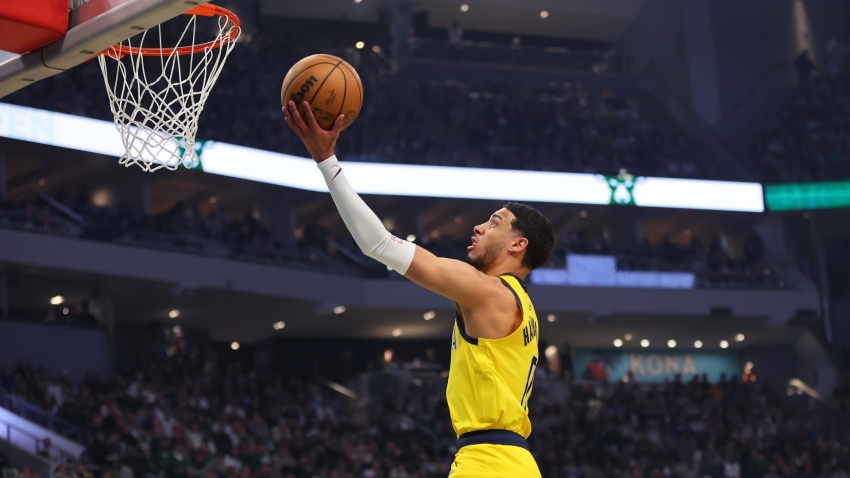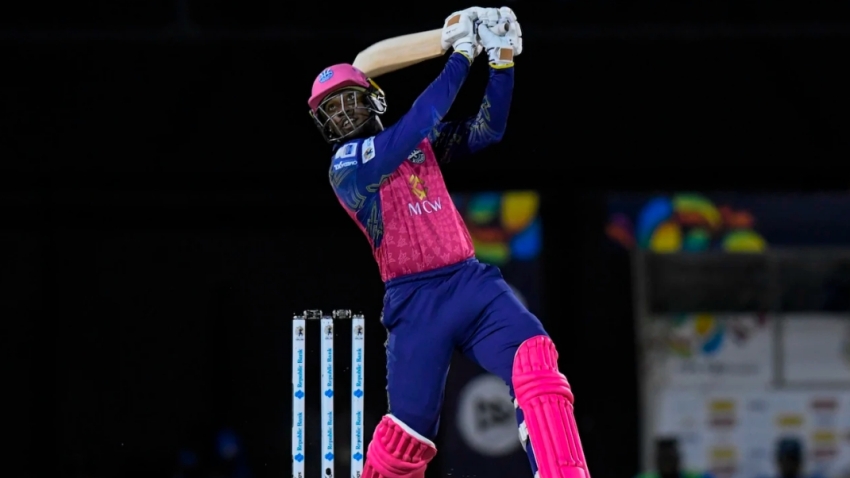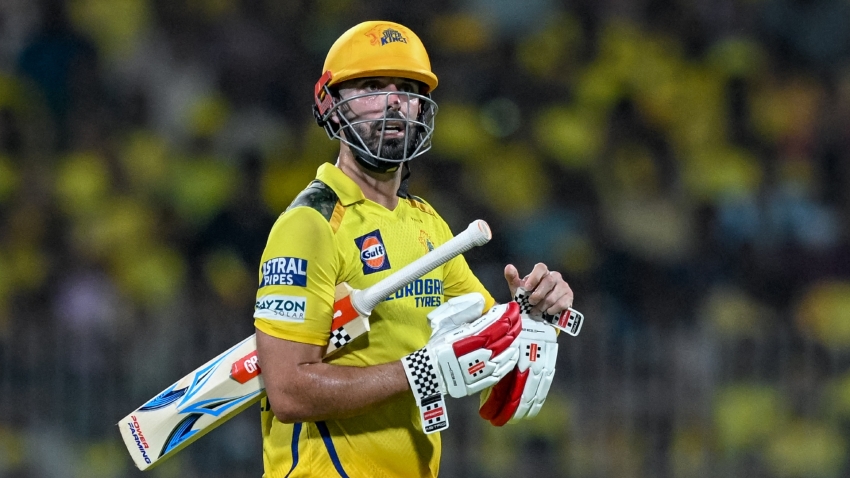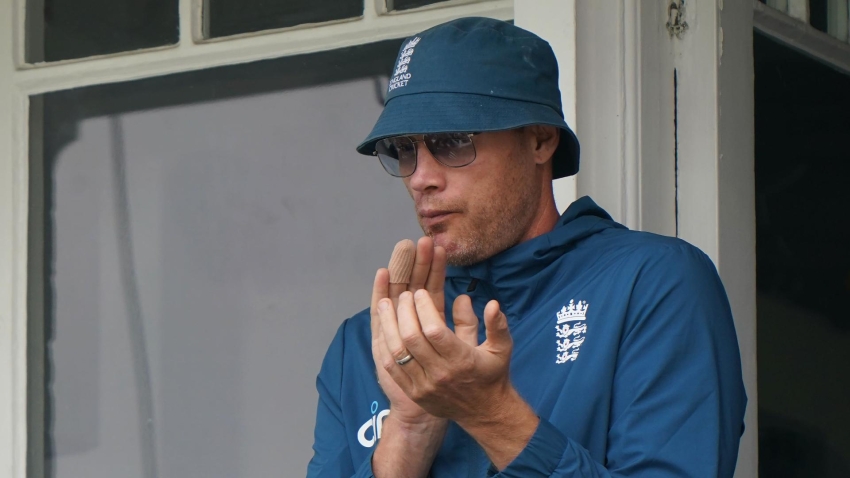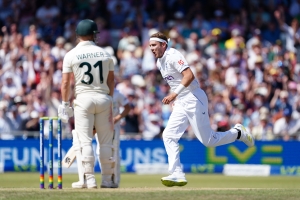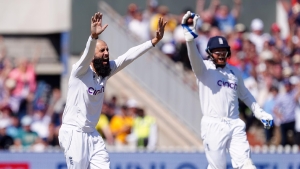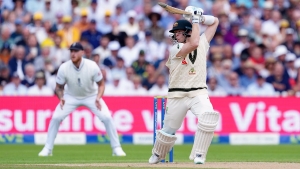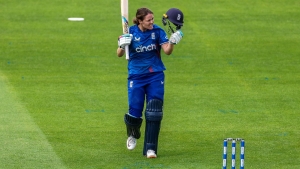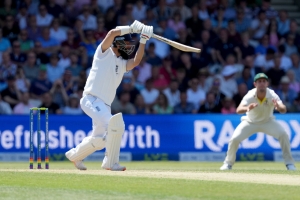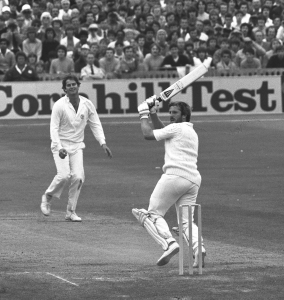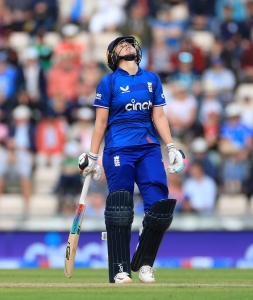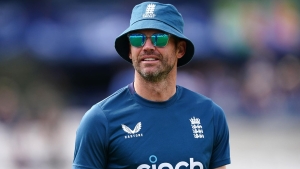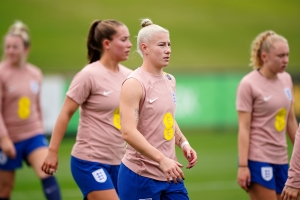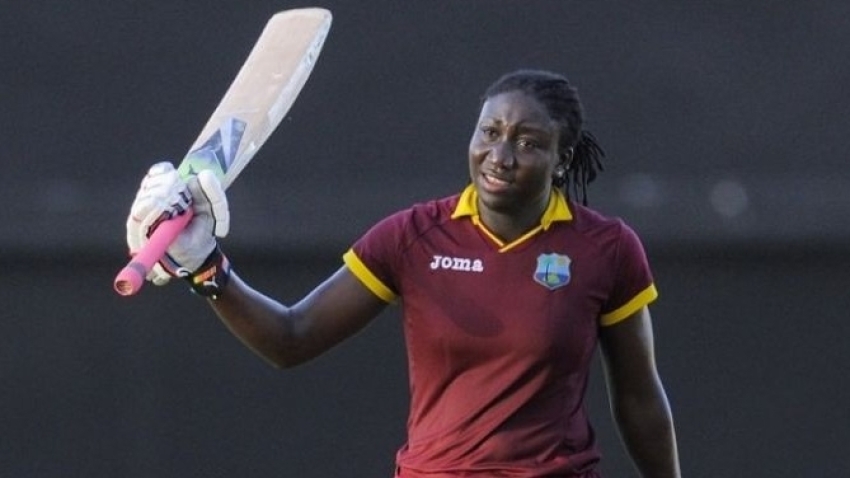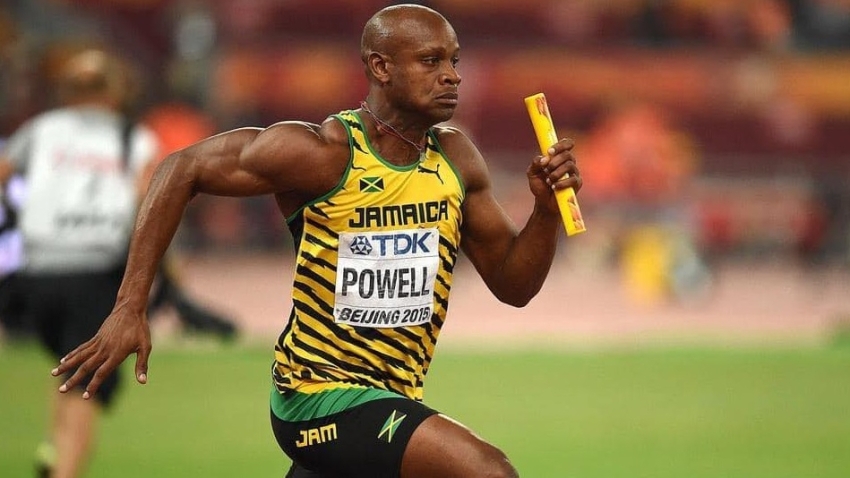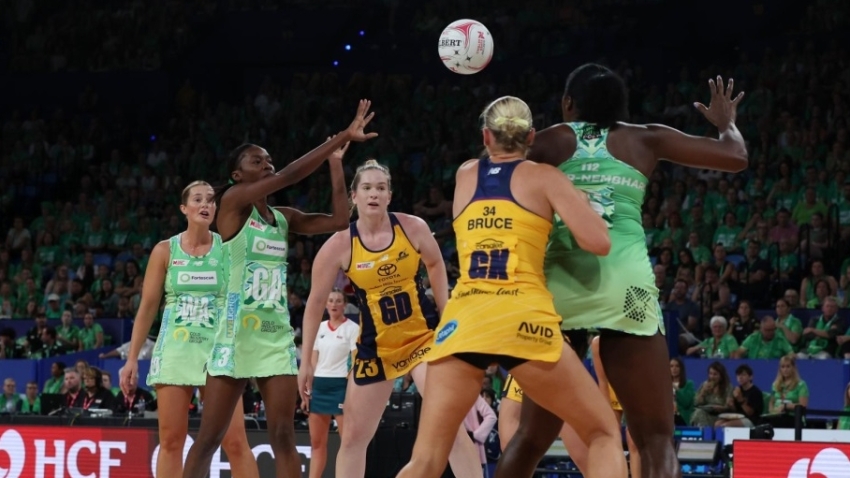Stuart Broad joined Test cricket’s exclusive 600 club as he and Chris Woakes kept England’s hopes of a rousing Ashes comeback alive on day one at Emirates Old Trafford.
Three years after taking his 500th wicket at the same ground, Broad completed another century of scalps to join a hall of fame that includes only four other names: Muttiah Muralitharan, Shane Warne, team-mate James Anderson and Anil Kumble. Among fast bowlers, Anderson and Broad stand alone in the pantheon.
The 37-year-old dismissed the series’ top run-scorer Usman Khawaja early on and returned after tea to bounce out Travis Head as his landmark victim, overtaking Sir Ian Botham’s record of 148 wickets Australian wickets in the process.
But with England in do-or-die territory at 2-1 down heading into the fourth Test, the collective mission in Manchester was even more important than any personal achievements, guaranteeing Woakes a healthy share of the spotlight.
He bowled superbly all day to claim four for 52, with Australia finishing up on 299 for eight after being sent in by Ben Stokes.
Woakes picked up exactly where he left off in an excellent comeback performance at Headingley, picking off David Warner in the morning session before removing Australia’s dangerous duelling all-rounders Mitchell Marsh and Cameron Green in one outstanding over in the evening.
The pair were initially thought to be fighting for one place in the side but Australia surprisingly ditched their spinner Todd Murphy to find room for both. That beefed up their middle order but Woakes swept them both aside at an important moment in the evening session, trapping Green lbw as he hunched forward in defence and then having Marsh brilliantly caught behind.
England kept faith with Bairstow behind the stumps despite a series of costly misses in the first three Tests and got a measure of payback as he held on to an ankle-high nick, sprawling almost horizontally as he scooped the chance in front of first slip.
And it was Woakes who provided a late sting in the tail, taking out Alex Carey with the new ball to squash a vexing stand with Mitchell Starc.
Australia will rue a slightly sloppy day, full of batters getting out just as they looked set. Four of their top six were out between 41 and 51, with Warner making 32, but their failure to kick on could also be read as a testament to England’s dogged determination.
Stokes showed no hesitation in sending the opposition in first, a decision that appeared to be based partially on overcast skies and partially due to the prospect of a weekend washout.
The first of those factors began to change almost as soon as he made the call, with the clouds disappearing and the sun coming out.
Broad ensured England got on the board early, missing out on his nemesis Warner but sending the in-form Khawaja back for three after nailing him on the front pad from round the wicket.
There was no flurry of chances to follow, though, with Australia getting the better of the morning’s play as they posted a lunch total of 107 for two.
Woakes was the pick of the bowlers and picked up Warner just as his confidence started to grow, caught behind as he drove with hard hands.
England might have considered themselves unlucky not to get Labuschagne or Steve Smith early, with both starting awkwardly. Smith uncharacteristically hooked his first ball from Woakes towards fine-leg, but Mark Wood was a few yards in from the rope and missed out on what would otherwise have been a banker of a catch.
Both batters began to look more comfortable but were unable to impose themselves fully.
Smith (41) was undone by Wood’s extra pace, just too late on a 92mph ball that struck him dead in front, while Labuschagne’s relief at making a first half-century of the series evaporated instantly. Nudging forward to a Moeen Ali teaser that gripped off the surface and snuck past the inside edge, he was on his way.
With a tangible hint of first day turn, Australia may well have been ruing their own decision to go with no specialist spinner for the first time in 120 Tests.
Broad’s magic moment came after tea when he followed the team plan to bowl short at Head, digging in a short ball that was flapped obligingly to Root in the deep. The cheers belonged to Broad, cementing his status as one of England’s most enduring Ashes combatants, but the hard work continued.
Marsh, fresh from a fluent century in the third Test, unloaded a 56-ball fifty before he became the second part of Woakes’ double in the 63rd over. Carey, welcomed by the now customary boos, guided Starc through a 39-run partnership in the closing stages before he perished to the fresh Dukes.
Attempting to offer no stroke, he grazed Woakes through to Bairstow as England moved within two wickets of completing the job.



